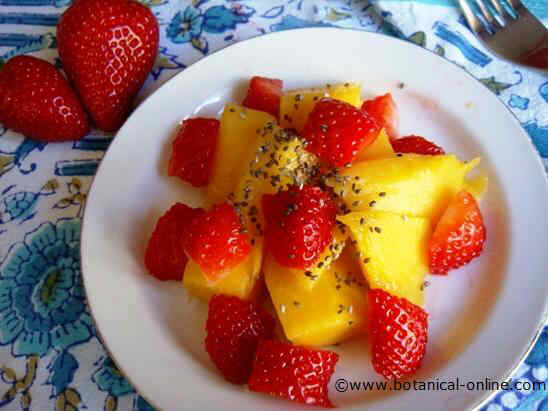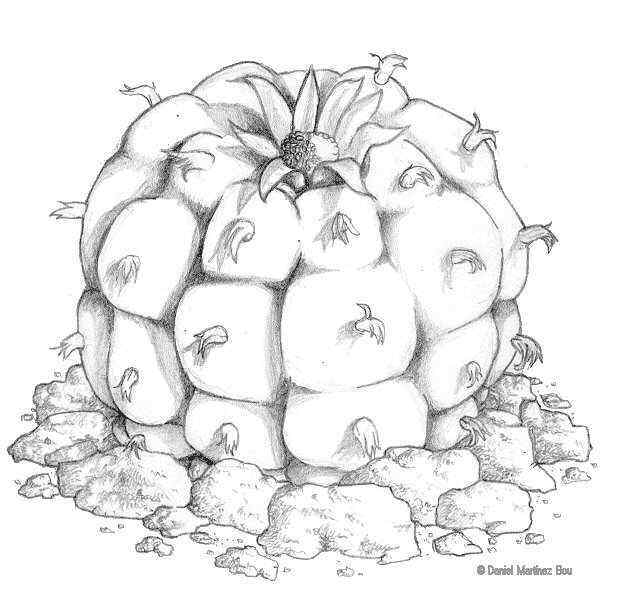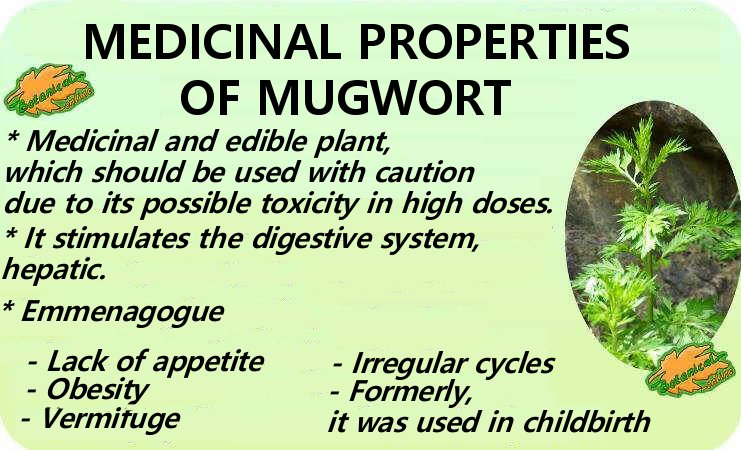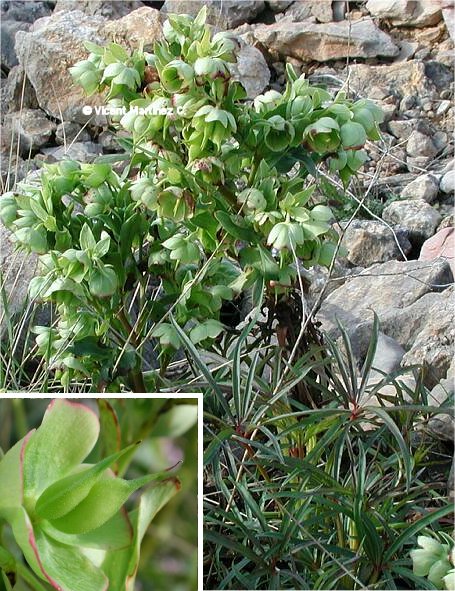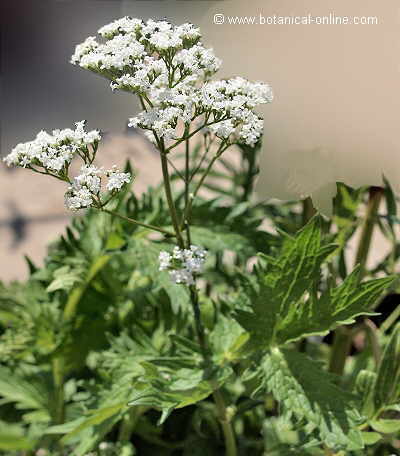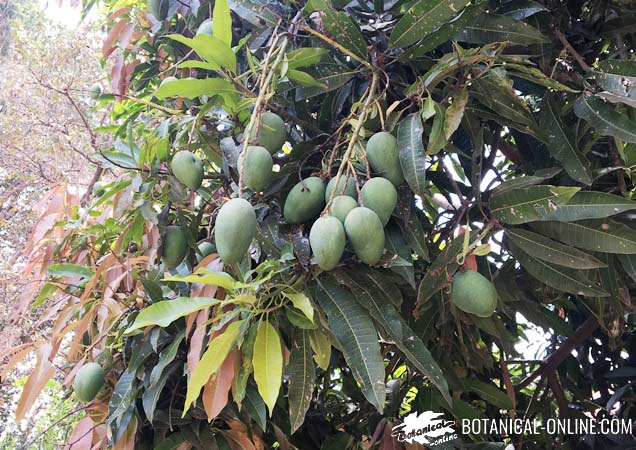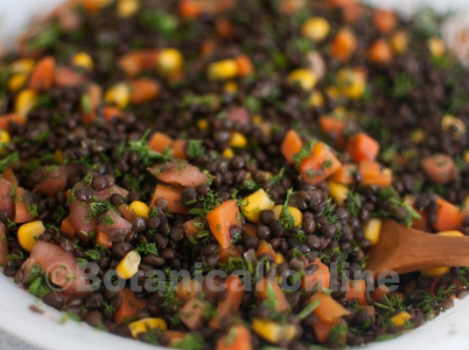Contents
WHITE TEA PROPERTIES – BENEFITS OF WHITE TEA
What is white tea?
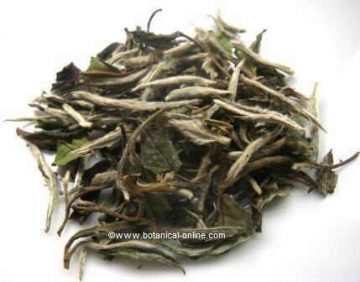
White tea is a type of selected tea, totally different from other kinds of tea, because it has been obtained with a different process than the rest.
White tea is a tea that is solely made with the more tender selected leaves of tea bud, called buds or golden -tips. “White” in white tea name alludes to leaves being covered by a white hair.
White tea is original from China, where once, during the Song Dynasty, was intended only for the Emperor .
White tea production
The only white tea is produced in Fujian Province, China (in that area the 90% of global white tea is made) . Its processing is done in the traditional way, so the sales price in the market rises considerably, being one of the most expensive teas.
It is made of a plant variety different from other teas, Camellia sinensis plant variety khenghe bai hao.
White tea does not go through the process of withering, rolling, etc.. like other teas: it is only dried in the sun. (More)
The buds are dried in the sun and acquire a silvery color (in English is called ” Silvery Tip Pekoe ” or silver buds).
White tea quality is measured by the number of buds or golden -tips containing , as some may also have branches and leaves mixed.
What flavor is white tea?
The high quality gives this product highly appreciated organoleptic characteristics: a soft aroma and flavor, pleasant, fresh, aromatic and fruity. It does not taste bitter, nor astringent.
The caffeine content of white tea is actually very low, and its content in antioxidants, such as polyphenols, catechins, tannins, etc., are far superior to other types of teas, including green tea.
White tea has undergone very little oxidation and its dried leaves retain their clear green color .
One of the most popular varieties is the Pai Mu Tan (White Peony in English).
Medicinal properties of white tea
- Antioxidant: antioxidant properties of white tea are mainly due to its enormous wealth in polyphenols, higher than other types of tea. These components are responsible for tea’s effects to protect cells from oxidation.Drinking tea has been identified as a protective factor against cataracts (because it contains anthocyanidins), and in people with smoking habits, protecting them from damage caused by cigarette smoke.
- Tonic: White tea contains virtually no caffeine, so we benefit from the tonic effects of the plant, without the sife-effects of caffeine.
- Thinning: White tea is rich in catechin polyphenols and other fat burning properties to stimulate and mobilize body fat, being very suitable in slimming diets. In these cases, it is important to prepare it with sugar (or stevia can be used as sweetener).
- Nervous system: Because of its low degree of oxidation, white tea retains most amino acids and antioxidants from the tea plant. Among them Theanine, an amino acid, that, in addition to flavor the beverage, has neuroprotective properties and may be useful in the treatment of stress and anxiety.
- Lower cholesterol: White tea is the tea most recommended to prevent poor circulation problems, hypertension, high triglycerides or high cholesterol, because of its very low content of caffeine . People with cardiovascular disease, you should not take caffeinated foods and replace them with Rooibos.
How to prepare white tea?
- White tea is infused at low temperatures because it is sufficient to extract the flavor and properties (Infusion: 60 – 70 º C). Never boil.
- Cover and let stand 7 minutes.
* More information: How to prepare a good tea.
![]() More information about tea.
More information about tea.


